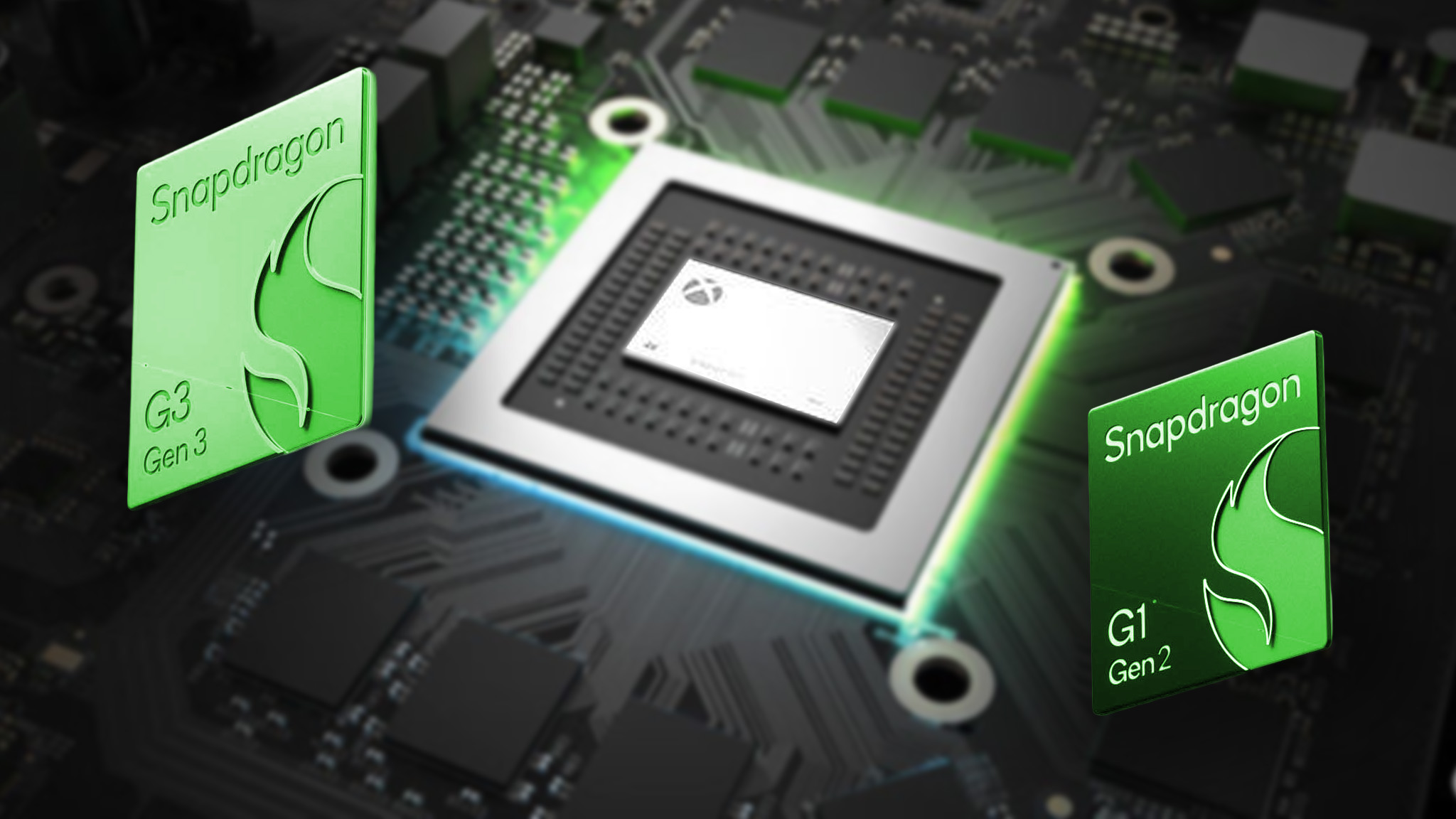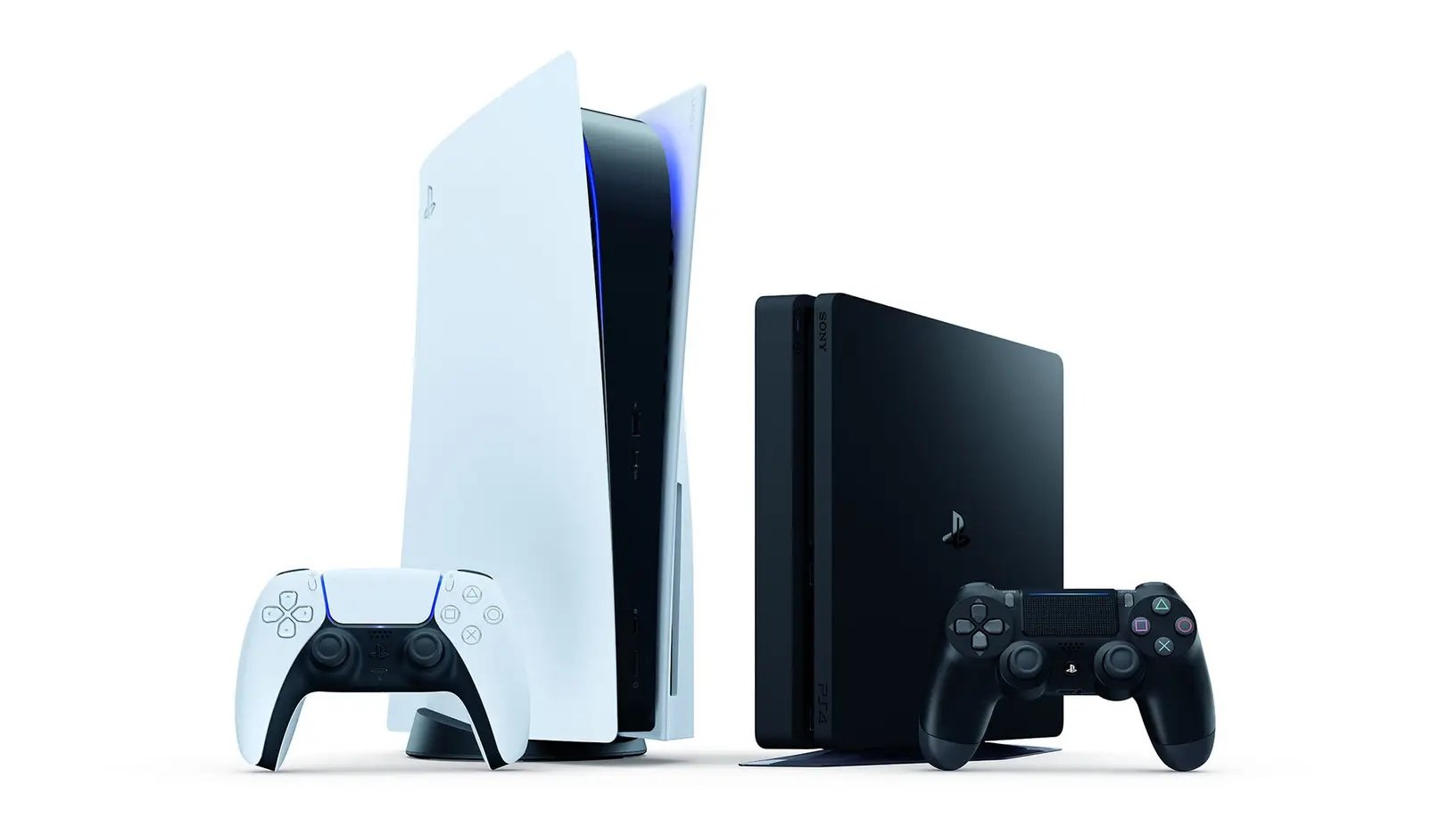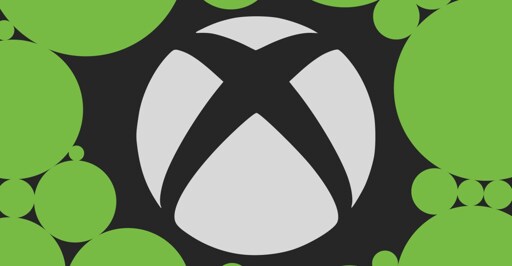- 26 Posts
- 463 Comments

 8·2 days ago
8·2 days agoMy then-girlfriend-now-wife and I went to a temporary video game exhibit at the Museum of the Moving Image. A lot of the mainstays you’d expect were there, particularly from the arcade era, including ground-breaking titles like Dragon’s Lair (which is fascinatingly beautiful and a bad video game at the same time). At one point, one of the signs mentioned moving on from vector graphics, which my wife had no idea what that meant, so I immediately looked around for an Asteroids machine. You don’t really get how one of those games looks unless you’re playing on the genuine article. That’s the kind of thing that probably ought to be in a museum most.
I recently went to Galloping Ghost in Illinois, which is now the world’s largest arcade. It’s got nearly every arcade game you can think of, and they do a good job fixing them up. They have an F-Zero AX machine. I’ve always wanted to play one of those. I went to Galloping Ghost two years in a row, and it was broken both times. Turns out they’re having trouble sourcing the displays. As you go around the place, most machines are working, but even only a year later, more of them had display problems. I imagine even just getting regular old CRTs is going to make this kind of thing way harder as time goes on, and a good CRT does affect how these old games look, because they were designed for them. This is the kind of burden I’d expect a museum to take on.

 19·2 days ago
19·2 days agoQuality of Life Improvements
- Battle Retry Prompt: A new pop-up window appears after defeat, giving you the option to quickly retry the battle.
I haven’t tested the patch out yet, but boy this would have come in handy the last two times I played.

 4·2 days ago
4·2 days agoI imagine Silksong gets a release date announced for all platforms during Microsoft’s Gamescom things, but there are a number of third party games with no release dates that could feasibly show up here. I’m hoping for the likes of Mouse: P.I. for Hire. Plus there will probably be a bunch of games that are old news on PC and other consoles but get release dates for Switch 2 now that Nintendo has a platform that can handle them.

 8·3 days ago
8·3 days agoThe base price increase would still raise the total with DLC. Not including the DLC is still worth talking about, since there are plenty of ways to enjoy a game without it.

 4·3 days ago
4·3 days agoNo, they tell a lot of those same lies to their consumers, too, so the market is acting somewhat rationally related to what they’re told. It’s why you still have a “buy” button on store pages instead of “purchase temporary license” or “rent”.

 4·3 days ago
4·3 days agoNo, that’s not it. Single player games still get made. You can monetize multiplayer much the same way, but basically no one makes a multiplayer game that you just sell once, maybe with an expansion or two, like they do single player games. Naughty Dog threw their hands in the air and said, “These are the only two options, and we choose single player!” instead of just selling a Last of Us multiplayer game for a single purchase.

 271·3 days ago
271·3 days agoAt this point, I’m convinced that most developers have forgotten how to make a multiplayer game that isn’t live service. Larian still remembers, but you’d think some people who make action games would remember too.

 7·3 days ago
7·3 days agoIn order to be efficient, it assumes people will act at least mostly rationally. It’s one of those things where it’s both true and false at the same time, somehow.

 702·4 days ago
702·4 days agoIt’s actually very funny.

 147·4 days ago
147·4 days agoSteam ignored them, presumably, because they sell their products in accordance with the law, and that’s all that ought to matter.

 71·4 days ago
71·4 days agoI liked Hollow Knight just fine, and I’m sure I’ll enjoy Silksong, but it definitely doesn’t have me super excited. Invincible Vs, though…that one I’m looking forward to.

 55·4 days ago
55·4 days agoDon’t talk about our layoffs. We’ve got Silksong right over there.

 2·4 days ago
2·4 days agoDamn, my mistake.

 2·5 days ago
2·5 days agoA really great gag in Futurama is that American Express survived 1000 years, but still no one accepts them for payment.

 1·7 days ago
1·7 days agoYou can click on my profile and see how long I’ve been on Lemmy, and the fact my name is definitely derived from “Andrew” but his is “Mat” would be odd. There are lots of ways to follow the game industry, and I suppose many of them do not involve coming across his name, but many of them very much do. His work is US-focused, so maybe if you’re not from the US, it’s less likely. That is all stuff you could have researched before you asserted that he did not have access to enough data to come to his conclusions or that he doesn’t understand the economics of how game consoles make money. I promise you he does, to both.
The old model I was referring to was making a console, making exclusives to drive people to that console, and then making money on each game sold for that console, whether the console maker developed it or not. Sony would not have put any games on PC at all if that model had no holes in it. It isn’t copying Xbox to put your first party games on other platforms; it’s acknowledging the way the market has changed. Peak spending on console hardware was all the way back in 2009. This year might exceed that due to the supply of the Switch 2, or at the very least, this June was the most successful June since 09, but that’s a downward trend line. When most games must and easily can release on all platforms, your reason to get a machine for a handful of exclusives drops precipitously, especially since Piscatella argues that most of those customers are spending their time on a handful of multiplatform games anyway.
What I thought the discussions would revolve around was how wild it is that an Xbox game could release on PlayStation and immediately become one of its best sellers for the year, because those PlayStation players clearly wanted that game but would not buy an Xbox for it. What it turned into was people saying that of course Nintendo would never do this for reasons that Piscatella very much understands why they haven’t done it to date; what’s interesting about this interview is what has changed in the market that would make it potentially worth it for Nintendo to port their exclusives.

 11·7 days ago
11·7 days agoIf you didn’t backpedal on the data that you thought this man didn’t have access to, or for not understanding how platforms taking a cut of sales works, then I’m sorry for thinking you could admit when you were wrong.
Those aren’t glaring holes in his argument; those are people rebutting the summary I put in the blurb that Lemmy lets me add without reading the article.
Xbox is doing badly, at least by the old console model, which is why they aren’t doing it anymore. Sony has reduced how much they’re sticking to the old model as well, by putting Helldivers on Xbox and most of their games on PC; does that not indicate the same thing to you?
Nintendo had the best launch in the history of game consoles because they had the most supply available in the history of game console launches, which is why Piscatella is noncommittal on how well the console is doing. Consoles basically always sell out, so it only shows that the people buying them are the people who would have bought it regardless, until we see how it does around the holiday.
He is not saying that Nintendo should copy what Xbox is doing. He is saying Nintendo might see a similar boon if they do what both Xbox and PlayStation are doing, because we are not seeing evidence that people are moving to a platform for exclusives, and we are seeing evidence that people are more than happy to wait on the platforms they’re on for the games to come to them. He also says Nintendo is unlikely to do it regardless, at least right now.

 1·7 days ago
1·7 days agoNo worries. The Wii U sold 12M units in its lifetime, which is surely the floor for how many the Switch 2 can possibly sell, and it will almost certainly beat that, but at $500 with looming tariffs, not to mention how the market has changed in the past 8 years, I’d be shocked if it approached an install base as large as the Switch 1.

 2·7 days ago
2·7 days agoThe Switch 2 has not sold 20M units yet. They just hit 5M, and they’re projecting they’ll sell 15M by the end of the fiscal year, which is by March.
Exactly, which shows that players do move to whatever platform is more enticing to them.
But not for exclusives, not like they used to, which is the author’s point.
The question is, does that risk them losing more money in the long run, as players buy their games elsewhere?
And Piscatella’s position is “maybe, but maybe not”. The Switch 2’s success in reaching those numbers is not a sure thing, and Nintendo’s games have enough appeal that they could be potentially reaching enough additional players that their method may not be the right call anymore. The point is a bit moot, because he also acknowledges that Nintendo is unlikely to change their ways anytime soon, but the possibility is there that they could make more money by going multiplatform. For Sony and Microsoft, that time has already come.

 11·7 days ago
11·7 days agoThis isn’t the first time he’s spoken. He’s done this job for a long time, and people trust and respect his work. It would be a hell of a thing if he picked this time to start making things up. The trend he points out is something he acknowledges as a recent trend, in the last year or so, but he’s working with data that’s consistent with my own anecdotes, like how publisher after publisher have found that they’re making more money on PC than on consoles; that games that used to never come out on PC now dwarf the console versions in sales; that my friends mostly stopped playing on consoles last gen, and that I don’t see a need for new ones; that when I see kids playing games out and about, they’re on mobile far more often than they’re on Switch; and on and on.
I’ve been polite this whole time, but you decided this man didn’t know what he was talking about, backpedaled very hard when you found out what his actual credentials were, and then decided he was untrustworthy instead. He’s not the one with the credibility of a 3rd grader.








Nah, this isn’t a memorization type of game, or at least not so much based on the other games this developer has made. You’re basically just going to press Light then Medium then Heavy, or you can just mash on any one of those three buttons in order to do a combo. And largely, everyone has pretty similar reaction times when you’re familiar enough with a game to know what might be coming; in general, you mostly just want to hold down-back until your opponent does a big slow move.